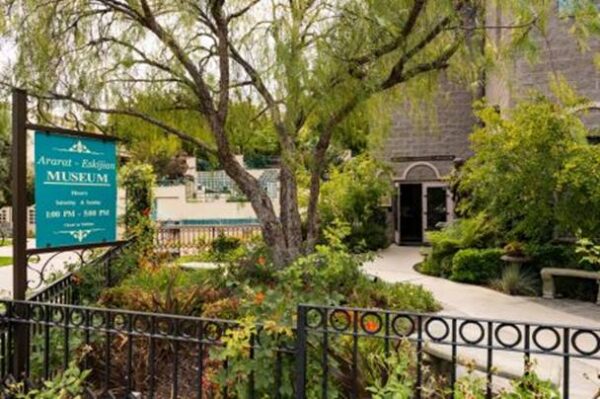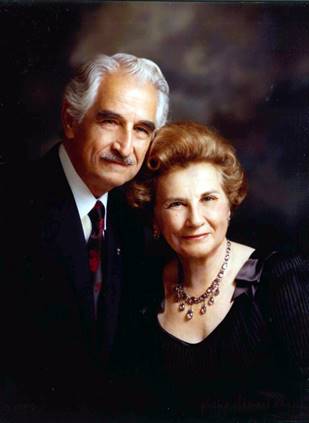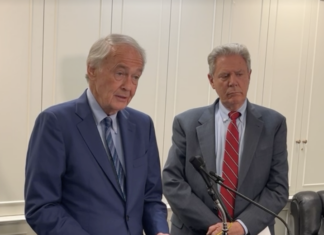LOS ANGELES — Martin Eskijian has been selected by the American Society of Civil Engineers’ Coasts, Oceans, Ports and Rivers Institute (COPRI) to receive the 2024 John G. Moffatt-Frank E. Nichol Harbor and Coastal Engineering Award for his advancement of seismic design, behavior, and performance of lifeline marine structures, and the co-development of ASCE-COPRI’s Port Certificate Program curriculum.
Eskijian was one of the instructors of the Port Certificate Program, and helped create the program. His 50-plus year career reflects a great passion for continuously improving standards and practices, mentoring young professionals, and giving back to the engineering and coastal community that has given him so many opportunities. The John G. Moffatt–Frank E. Nichol Harbor and Coastal Engineering Award recognizes new ideas and concepts that can be efficiently implemented to expand the engineering or construction techniques available for harbor and coastal projects. The award was presented to Eskijian in September at the International Conference on Coastal Engineering in Rome, Italy.
Eskijian worked as an engineer for 41 years, specializing in structural dynamics, reservoir engineering, and structural engineering/code development for marine oil and LNG terminals. He earned a B.S. in Civil Engineering, an M.S. in Applied Mechanics, an Engineer Degree in Civil Engineering, and an M.S. in Petroleum Engineering, from the University of Southern California.
He began his career in 1970 with Bechtel Power Corporation, and was involved in seismic analysis of nuclear power containment structures and conventional steel and concrete analysis/design for power plants. After 7 years, he moved to the Aerospace Corporation, as a member of the technical staff, and was involved in nonlinear dynamics for nuclear weapons effects, and satellite dynamics. For next 28 years, Eskijian worked for the California State Lands Commission, as a petroleum reservoir engineer, and then as a civil/structural engineer for offshore platforms, and later on as the leader of a group focused on marine oil terminals. Eskijian is responsible for Chapter 31F of the California Building Code “Marine Oil Terminals,” commonly known as “MOTEMS.”
Eskijian retired from state service in December 2011 and has taught graduate classes at the University of Southern California, the University of California, San Diego and California Baptist University, on the subject of marine structures. He currently serves as the chairman of the Lifeline Subcommittee of California’s Strong Motion Instrumentation Program and as the US alternative to the PIANC WG 153, “Recommendations for the Design and Assessment of Marine Oil and Petrochemical Terminals,” which was published in 2016.
He also taught numerical analysis for a new graduate program in earthquake engineering at the American University of Armenia in 1992. Two of his students who are now in California have doctorates and are helping to raise the current structural standards in Armenia.










